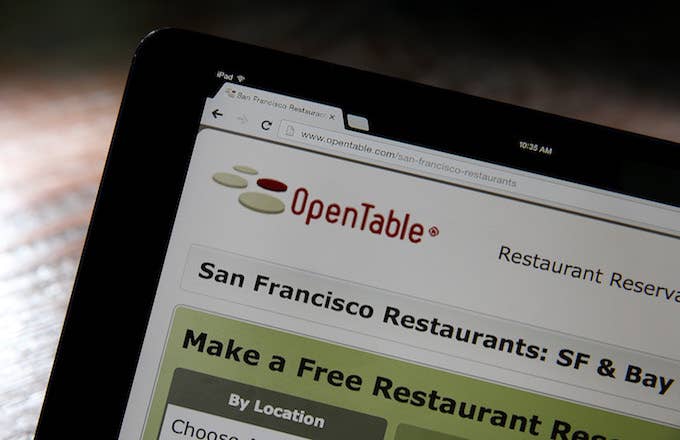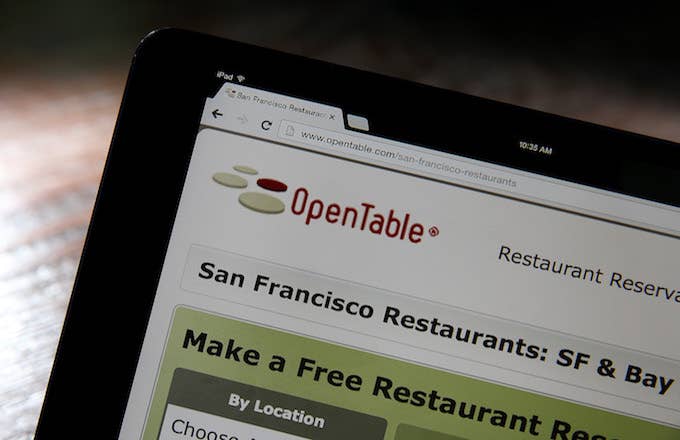
Beginning in December, restaurants all over Chicago began noticing that a large number of tables booked using the online system Reserve were left empty by no-shows during peak hours. Failed reservations by parties of up to six or eight people meant the restaurant and waiters lost out on crucial space and tips for hours, also forcing them to turn away other customers.
A report by Eater revealed the source of these restaurants problem. An employee working at OpenTable, another reservation company that rivals Reserve, had been booking the tables. In total, the employee booked more than 300 fake reservations at 45 different restaurants around Chicago.
The company apologized in a statement released Monday and offered to reimburse restaurants impacted by the fake reservations. OpenTable also announced that the employee had been fired on February 22, claiming that they acted alone and that no other employee had known what they were doing. “We agreed that this person acted by themselves and terminated them quickly thereafter,” Christa Quarles, the chief executive of OpenTable, told the New York Times. “It was a really cut-and-dried situation in our mind.”
Investigators for Reserve traced the reservations back to OpenTable, though the employee reportedly used different emails and names to remain anonymous during their escapade. Chief executive of Reserve, Greg Hong, called it a “deceitful way to try to make Reserve look bad.” “The byproduct of this is the restaurant is impacted,” he told the Times. “So now the restaurant doesn’t have seats filled and other customers are blocked out...The restaurant is the one that’s harmed the most.”
Peter de Castro, who owns Tavern at the Park in Chicago, told the Times that he had 25 no-shows of large parties in the past two months. Because the reservations were made during peak times, Castro explained that he had to turn customers away, while maintaining a large waiting staff. “A perfect storm of losing money,” he explained.

